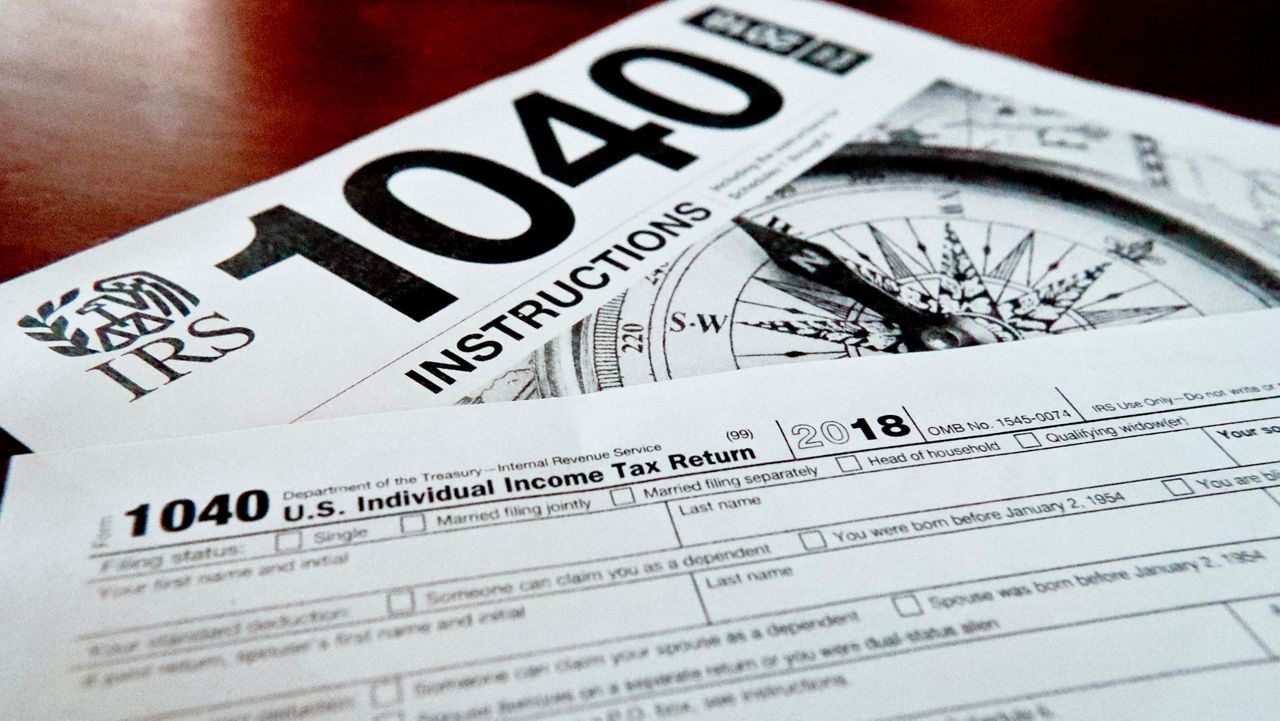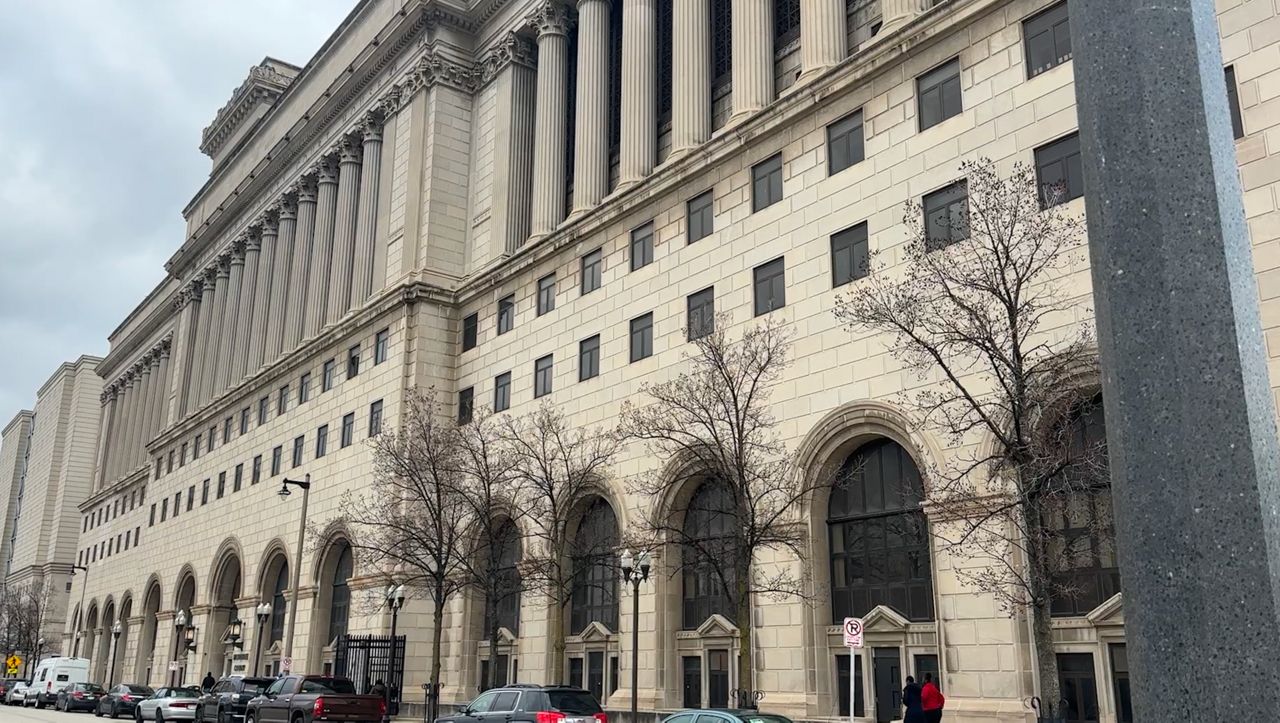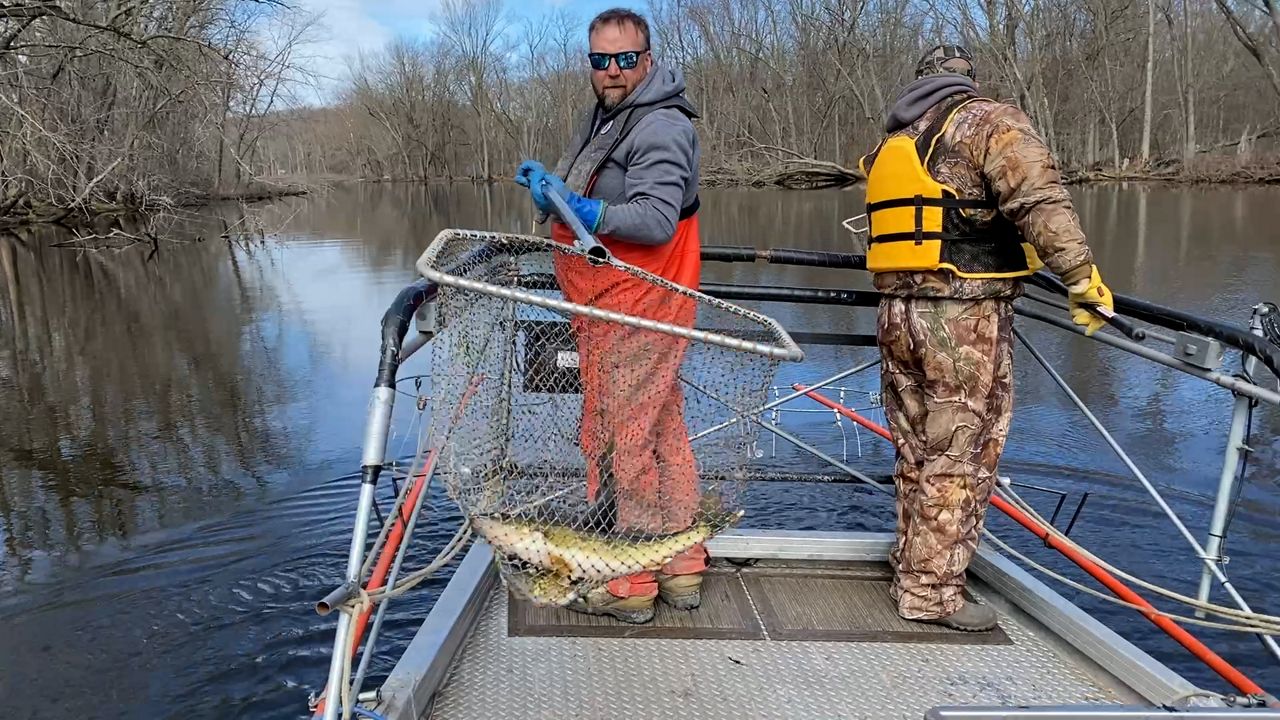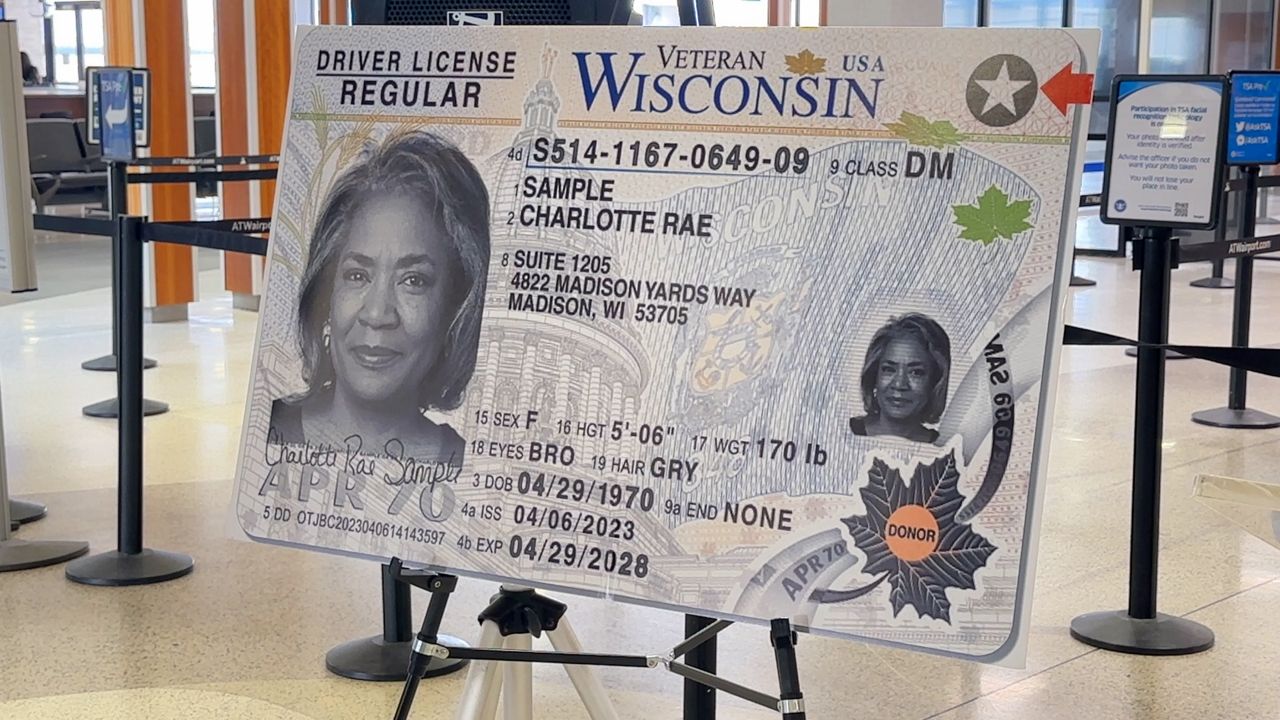MILWAUKEE — In March, the federal government approved a $1.74 billion proposal to expand I-94 in Milwaukee. The project, slated to start in 2025 and finish in 2031, aims to widen the roadway to a minimum of four lanes in each direction, spanning from N. 16th Street to N. 70th Street.
Some people living near the freeway are opposed to the project. That includes Ann Bowe.
Every Saturday, she and her neighbors gather to stock a brown shelf in the corner of her lawn for those in need. These neighbors are part of the Friend of Valley Park and Gardens, a community deeply invested in preserving its green spaces.
The group of neighbors share concerns regarding the billion-dollar expansion, which they said jeopardizes their community green spaces. That’s why Bowden is involved with the Fix at Six coalition, which advocates for roadway safety improvement without the eight-lane freeway expansion.
“This freeway expansion is going to be catastrophic,” said Bowe. “There’s a planned additional ramp going from I-94 to 175, which is going to cut off all the green space, which is the little bit of green space that we have between us and the freeway now.”
Bowe also shared the potential adverse effects on their neighborhood and surrounding areas.
“More air pollution, more noise pollution, more water pollution because of the runoff and we are right along the banks of the Menomonee River,” said Bowe.
She said the money invested in this expansion is disproportionately impacting those in her neighborhood to benefit suburban commuters.
“What this is, is a huge amount of money being taken away from public transit, mass transit, and improving bike lanes,” said Bowe. “All those are federal dollars are for the convenience and the pleasure of a few people who don’t live in Milwaukee. Most of them are going to the stadium a few days out of the year and suburban commuters who can’t possibly spend an extra half hour on their way home because there’s a little congestion on the freeway.”
Her neighbors said they agree. Barbara Bowden lives a block from where the proposed freeway intends to run through.
“First is the noise, second is the destruction of the greenery, the trees and all the brush that provides a barrier to all the sound, the air pollution,” said Bowden. “I think it’s unnecessary.”
Bowden said she is concerned people will leave the neighborhood because of the proposal.
“Who’s going to buy there?” she asked. “Because the freeway is going to be that much closer to them than it is now, with no greenery.”
The coalition plans to continue to voice its concerns and advocate for the community’s interests.
“The more lanes you have in a freeway, the more cars will use it because it will be fast and it will be easy,” said Bowe. “Then 10 years from now, that will be too congested, so then what are we going to do? We can’t keep on building freeways and neglecting buses and bikes. Our children don’t deserve that.”
If the project goes through as planned, the state will acquire 54 acres of land.
According to The Wisconsin Department of Transportation’s online portal for the project, leaders are doing everything they can to minimize the impact to people and the environment.
WisDOT is encouraging anyone who wants to share their opinion to do so online. You can access the direct survey link, here.
Leaders are planning to hold more public engagement sessions in the future.










